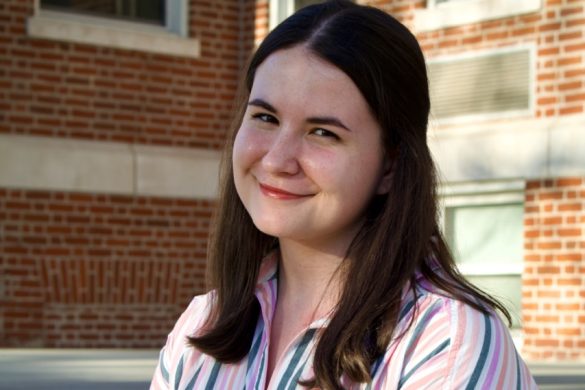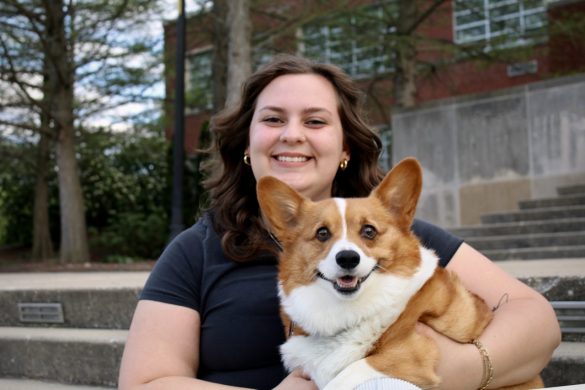Politicians in America carry a stigma of being greedy liars who make empty promises. But why does this stigma exist?
Politicians have a history of making promises during their campaigns, such as reducing taxes, lowering education costs or providing more affordable healthcare. While these promises sound great during the campaigns and influence many voters, politicians often fail to keep these promises for a number of reasons. The public then perceives politicians’ failure to fulfill their promises as manipulation and dishonesty, furthering the belief that politicians make these promises purely for the reason of receiving more voters.
Because being a politician can require years of experience, it is not uncommon for a politician to be older. This can create a generation gap, affecting young people’s interests in politics. Because of this separation between politician and citizen, distrust can develop.“Can my representative relate to my situation? Do they have my best interest in mind?” This distrust results in young Americans not participating in politics, not bothering to stay up-to-date on political events and developments or vote, because they struggle to find a politician that they can identify with. Because of this pattern of distrust among the future generations of America, the stigma against politicians remains.
That being said, it is important to consider whether or not the politicians are in fact at fault, or rather if the system is to blame.
In 1787, the United States Constitution was signed. This document established a representative government in which the people could choose their leaders to represent them. The Constitution did not originally include separate political parties. According to “The Invention of the American Political Parties,” by Roy F. Nichols, it was decided in the 1790s that voter-based political parties were necessary in order to win the popular support. With the two-party system comes a balance of liberalism and conservatism. According to “Why Americans Hate Politics” by E.J. Dionne, Jr., the failure of the concepts, liberalism and conservatism, create the majority of the problems in America’s political life. Dionne writes that, “liberalism and conservatism are framing political issues as a series of false choices.”
Over time, politicians seem to have become more concerned with aligning to their party rather than standing with their own beliefs or what their constituents want. It is often that a politician’s party might bully them into follow through with party the party line. In this case, the politician almost becomes the party’s puppet, meaning that the party makes the decisions and uses the politician to be the face of these decisions. This often happens because politicians are rarely self-funded and rely on their party to fund at least part of their campaign. Because the politician is “the face” of its party’s decisions, he is who often receives the negative press, creating the stigma that many Americans grow up with.
How do we fight this stigma? We must become educated. As citizens, it is our responsibility to be educated with what decisions political figures are making and how it will affect our lives. It is important for us to look into a politician with as little prejudice as possible.
Look into what issues the politician covers, where he or she came from, how much experience he or she has, how he or she plans on reaching his or her goals, and what his or her relationship is with congress.
Learn about politics and different politicians; do not get information from just one news source, but from several. Figure out your own biases, and then get news from sources you might not agree with so you can balance out your ideas.
If we want to change the way politics and political figures are seen, we have to take the first step in realizing that this does affect us and so we must play a part in the politics.









